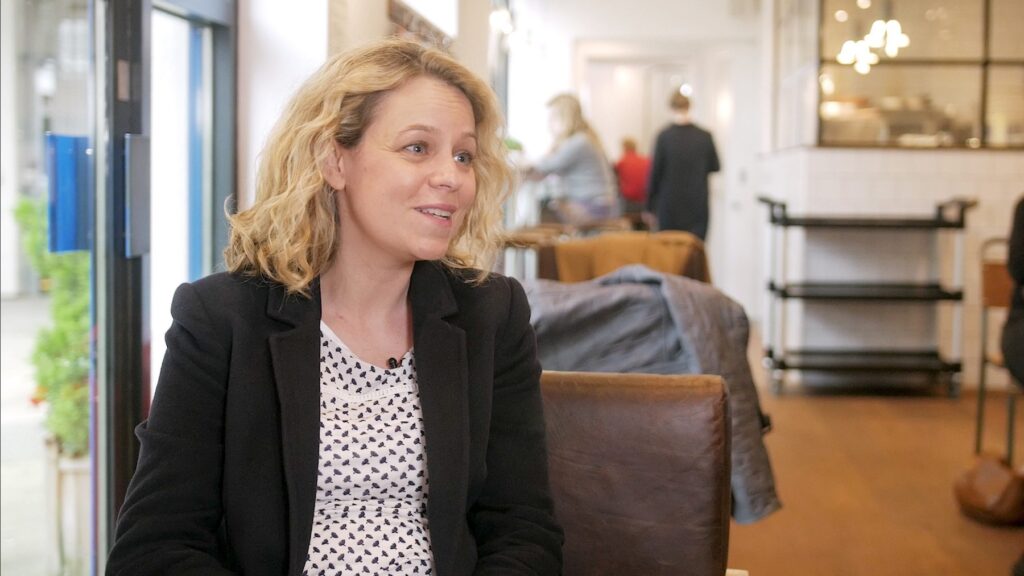
Title: Children as agents of social and community change: Enhancing youth empowerment through participation in a school-based social activism project Published: Education, Citizenship and Social Justice (2018) Vol. 13(1), pp. 3– 18 Authors: Susan Torres-Harding, Roosevelt University Ashley Baber, Loyola University Chicago Julie Hilvers, Roosevelt University Nakisha Hobbs, Village Leadership Academy Michael Maly, Roosevelt University What […]

The heightened interest around teacher recruitment and retention in the last few years (Doherty and Gerrard, 2016; Lynch et al., 2016; DfE, 2017; Ward, 2017) has given rise to the timeliness of a report published by the NFER and the Nuffield Foundation. Is the Grass Greener Beyond Teaching? (Bamford and Worth in 2017) presents a robust, […]

Ben Goldacre, of ‘Bad Science’ fame (2013), was tasked by the government to examine the role of evidence in educational practice. Citing the success in using blind-tested research in medical practice, a good case is built for engaging in evidence-based teaching. The scientific method promises rigorous analysis of any potential method; by employing test groups […]

Ross Morrison McGill talks CPD, wellbeing and taking back control. It’s important teachers get connected and start collaborating. We talk all things education with Ross Morrison McGill, aka Teacher Toolkit.

The manner by which pretend play contributes to children’s cognitive development has gained increasing interest recently. Play provides children with opportunities to develop their cognitive skills and make connections between different areas of activities and experiences (Wood, 2008). Engagement in pretend play allows children to utilise their language skills, which is especially important for children with EAL; […]

Numeracy skills measured at age five, prior to the start of primary school, are strong predictors of later academic achievement in both reading and maths (Duncan et al., 2007). While this finding is based on correlational evidence, it suggests that Early Years maths education is important for setting the foundation for later learning across multiple […]

Prior knowledge is one of the most influential factors in learning (Ausubel, 1968, cited in (Hattie and Yates, 2014), p. 114). Whilst most teachers are aware that new learning refines prior knowledge and adds complexity to current understanding, a science of learning perspective positions prior knowledge as central to organising and reassembling new information in […]

It feels like a lifetime since I used to teach secondary science, although when I did, by far my favourite topic to teach was genetics. I loved the challenge of building concrete understanding out of abstract concepts and the sense of wonder that would emerge as students began, for the first time, to get a […]

There is a lot of talk about active learning in the early years, as well as a host of related pedagogical approaches: experiencebased learning, child-led learning, discovery learning, enquiry learning, guided learning. But what does active learning really mean? The brain is an active agent, not a passive subject Evidence on the developing brain shows […]

This article is published as part of Impact with kind permission from BMJ Publishing Group. The article appears here in full. Health care professionals are increasingly required to base their practice on the best available evidence. In the first article of the series, I described basic strategies that could be used to search the medical […]

Professor Becky Allen talks about everything from teacher training to school admissions and data.

Sometimes it’s worth repeating the obvious, just in case anyone missed it. Everyone should watch The Wire, Scottish hopes of footballing success are rarely fulfilled, and Tim Shanahan’s website is one of the best sources of information about literacy on the internet. Shanahan is Professor Emeritus at the University of Illinois at Chicago, and has […]

For two years I had responsibility for developing the quality of teaching and learning at the primary school in West Sussex I worked at. One of our greatest successes came from developing a coaching programme which was tailored to individual teachers, highly personalised and prioritised across the whole school. Why teachers need coaches My philosophy […]

In our state-funded school, Southend High School for Boys, the primary purpose of leadership is to create an environment where others thrive (Sergiovanni, 1992). Our school is located on the outskirts of London and serves an economically and socially diverse community. We have 1,200 students, aged between 11 and 18, and have secured a national […]

Many teachers do not question the fact that they have a shared responsibility with parents for educating children, despite anecdotal evidence that this division of power can be problematic for both parties. Academic research has done little to help bridge the gap between parents and teachers; until relatively recently, it explored the motivation for parents […]

Teachers spend a lot of time thinking about difference. We break down data into sub-groups, plan lessons to support and extend, and consider what extra we might do for students falling behind. But should we spend more time thinking about what students have in common? Might a rush to differentiate mean we spend less time […]

Choosing to engage in gender-stereotyped play is one of the earliest expressions of sex role development in young children – studies have claimed that children as young as 18 months old show gender stereotyped toy preferences and play choices (Bee, 1997; Caldera, Huston & O’Brien, 1989). But why does this occur? Despite men and women’s […]

Teaching has always been demanding – but it seems to be getting worse. Workload is one of the major causes of driving some 10% of teachers in the UK to leave the profession each year. In the last two years, 90% of teachers have thought about leaving, according to a survey of over 16,000 members […]

Education policy bingo enthusiasts are rarely disappointed to see a reference to how good East Asian systems are at maths on their cards. The impressive PISA and TIMSS performances of students in Singapore, South Korea, Hong Kong and Shanghai are never far from the news. In England, East Asian approaches have informed a number of […]

In 2014, the Department for Education published a consultation: ‘A world-class teaching profession’. It stated that ‘it is vital that serving teachers have access to on-going, high-quality opportunities to update and refresh their skills and knowledge’ and that ‘evidence-driven, career-long learning is the hallmark of top professions’; also identifying that ‘teachers report that far too […]




















